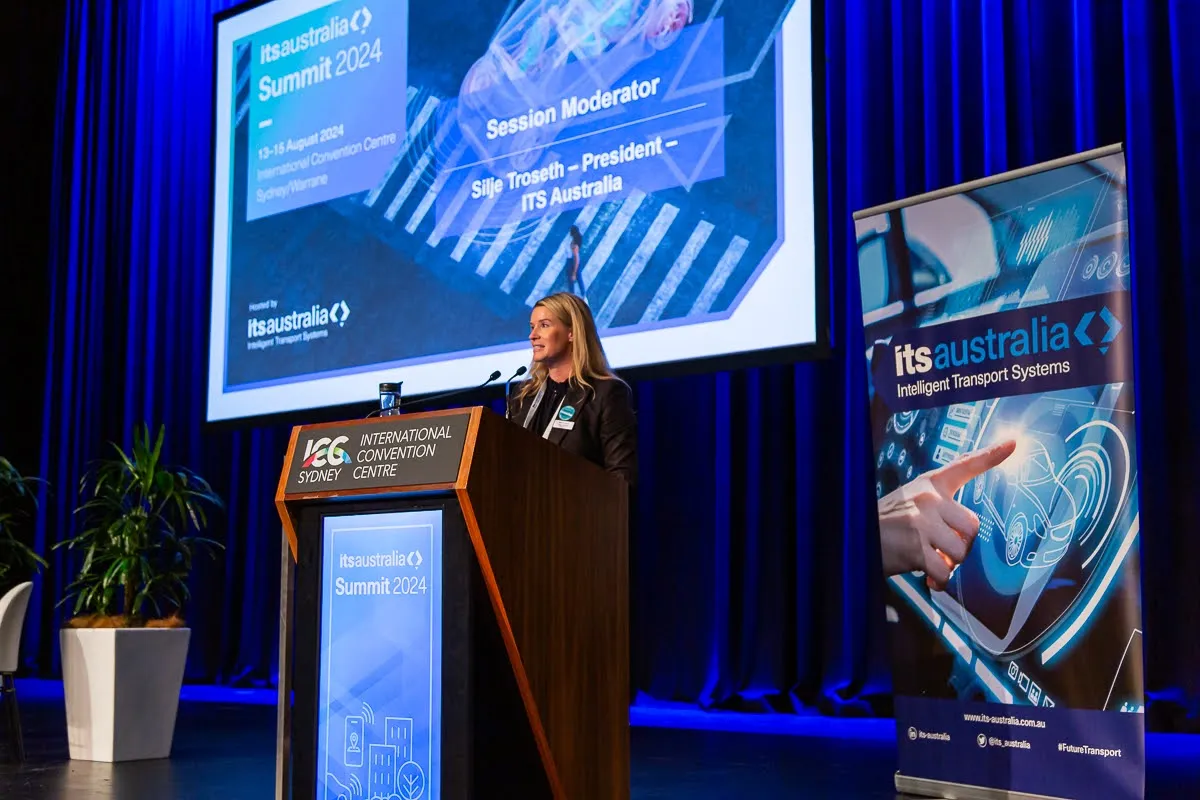
The South Australian Government is set to invest AU$10 million to boost testing, research and development of connected and autonomous vehicle technologies in South Australia.
Transport and infrastructure minister Stephen Mullighan launched the initiative on day one of the ITS World Congress.
“Connected and autonomous vehicles can deliver huge benefits to South Australia; they have the capacity to reduce congestion, save lives and help people get around our community with more freedom,” said Mullighan.
“We need to know more about what changes are needed to our roads and our laws so that this technology can improve safety on the roads, improve mobility for people with disabilities and reduce congestion and emissions.”
The government will invite companies, industry bodies, research institutions and other organisations to submit creative proposals that will accelerate the development and implementation of connected and autonomous vehicle technology. Grant applications will open on 14 November for the fund, which is worth $10 million over three years.
“As the demand on our roads continues to grow, it’s vital that we look for more efficient ways to move traffic around the state,” said Mullighan.
“Transforming the South Australian economy depends on our ability to adopt new ways of doing things, using advanced technologies to build globally competitive, high-value firms and sustainable, well-paid jobs.
“It is estimated that the driverless vehicle industry will be worth $90 billion globally by 2030. Getting our state involved early will open up new opportunities for South Australian businesses and our economy,” he said.








